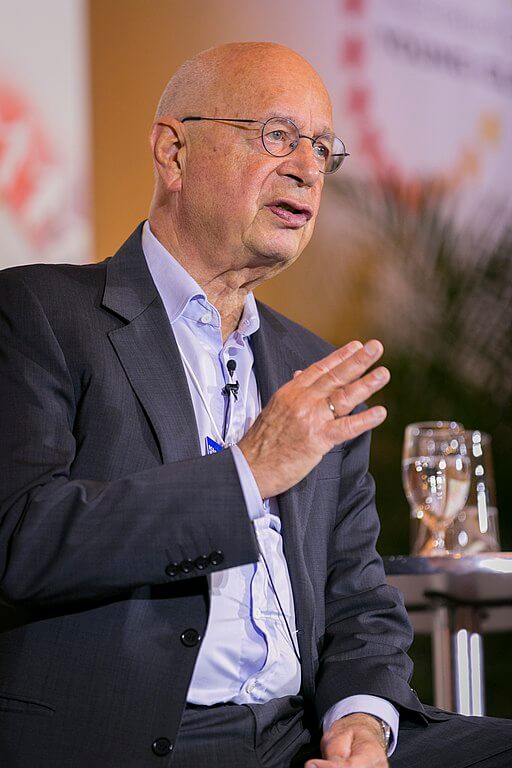
Klaus Schwab, the influential founder of the World Economic Forum (WEF), has officially stepped down from the organization's board of trustees, concluding a remarkable 55-year period at the helm. This transition marks a new chapter for the WEF, known for its high-profile Davos meetings that bring together the world's elite in business, politics, and civil society.
Schwab's resignation comes after he gradually reduced his day-to-day involvement, passing on the operational reins to Borge Brende, the former Norwegian foreign minister, last year. The WEF has appointed Vice Chairman Peter Brabeck-Letmathe as the interim board chairman while a permanent successor is sought.
Under Schwab's guidance, the WEF evolved from a modest European management symposium into the premier global platform for dialogue among world leaders and influencers. The organization's growth mirrored Schwab's own ascent from an academic career to a position of global influence. Born in 1938 in Ravensburg, Germany, Schwab pursued an extensive education, earning doctorates in engineering and economics, and accumulated numerous honorary degrees.
The founding of the European Management Forum in 1971, which would later become the WEF, was a testament to Schwab's visionary approach to global discourse. Initially attracting fewer than 500 participants, the annual event in Davos now sees thousands of attendees, including heads of state, business moguls, and activists, converge in the Swiss Alps to discuss pressing global issues.
Over the decades, Schwab's WEF expanded its scope to include regional summits and initiatives targeting key challenges like cybersecurity, climate change, and equitable economic growth. The WEF prides itself on being a non-partisan platform dedicated to enhancing global cooperation and improving the state of the world.
Despite its noble aspirations, the WEF has faced criticism from various quarters. Critics argue that it favors corporate interests and lacks transparency and accountability. The term "Davos Man" has come to symbolize the archetype of affluent, transnational elites that dominate the forum's gatherings. Schwab himself has attracted controversy, particularly for coining the term "The Great Reset" for the first post-COVID summit, which conspiracy theorists have misconstrued as evidence of clandestine motives.
The WEF's announcement highlighted the importance of inclusive dialogue in a rapidly transforming world, lauding Schwab's "outstanding achievements." Yahoo News reported on the board's commendation of Schwab's dedication to the WEF's mission, despite the various criticisms and conspiracy theories that have shadowed the forum in recent years. Schwab's legacy is a complex tapestry of achievements and controversies, reflecting the multifaceted nature of global leadership and cooperation.





